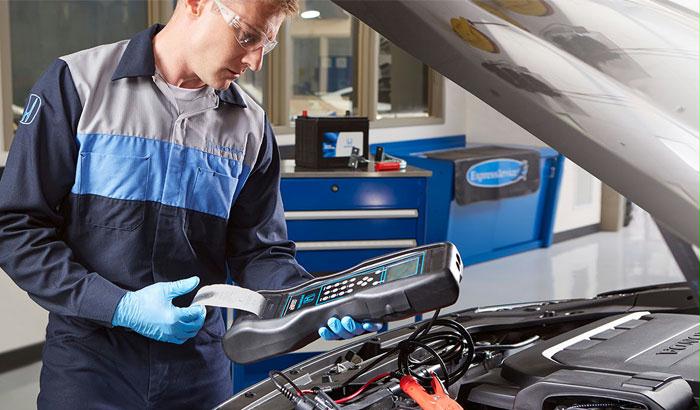
In the United States, many programs and schools offer training for those interested in pursuing competencies as automotive mechanics or technicians. Because vehicles today possess complex computer and electronic systems, mechanics need to have a broader base of knowledge than in the past.ĭue to the increasingly labyrinthine nature of the technology that is now incorporated into automobiles, most automobile dealerships and independent workshops now provide sophisticated diagnostic computers to each technician, without which they would be unable to diagnose or repair a vehicle. With the rapid advancement in technology, the mechanic's job has evolved from purely mechanical, to include electronic technology. One misunderstood aspect of preventive maintenance is scheduled replacement of various parts, which occurs before failure to avoid far more expensive damage. Preventive maintenance is also a fundamental part of a mechanic's job, but this is not possible in the case of vehicles that are not regularly maintained by a mechanic. Their job may involve the repair of a specific part or the replacement of one or more parts as assemblies.īasic vehicle maintenance is a fundamental part of a mechanic's work in modern industrialized countries, while in others they are only consulted when a vehicle is already showing signs of malfunction. They often have to quote prices for their customers before commencing work or after partial disassembly for inspection.

In repairing cars, their main role is to diagnose the problem accurately and quickly.

An auto mechanic ( automotive technician in most of North America, light vehicle technician in British English, and motor mechanic in Australian English) is a mechanic who services automobiles, sometimes specializing in one or more automobile brands or sometimes working with any brand.


 0 kommentar(er)
0 kommentar(er)
